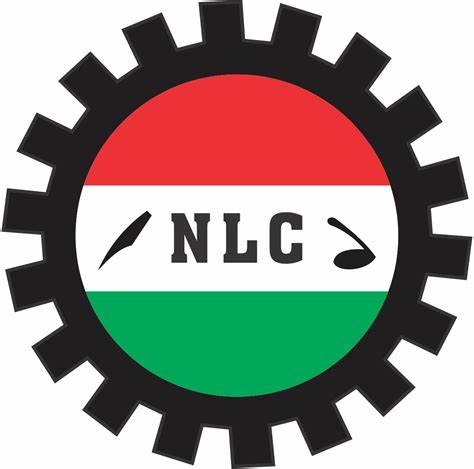by Chi Ibe

Left – Right: Mr. Babatunde Adetula, Director, Ibadan Zonal Office, NCC, Ugochi Agoreyo, Anti-Piracy Conversion Manager, Microsoft Anglophone West Africa and Serge Ntamack, Anti Piracy Lead, Microsoft WECA at the Roundtable to commemorate this year’s World Intellectual Property Day in Nigeria.
To commemorate this year’s World Intellectual Property Day in Nigeria, Microsoft organized a roundtable to discuss how the use of non-genuine software threatens legitimate businesses and creates a negative impact on both global and local economies.
Participants were drawn from different sectors of the economy and they included Babatunde Adetula, Director, Ibadan Zonal Office, Nigeria Copyright Commission (NCC), George Spiff, Managing Director, Steelcon Global Hitech, Seyi Owolabi of Multichoice Nigeria, Ugochi Agoreyo, Anti-Piracy Manger, Microsoft Anglophone West Africa and Serge Ntamack, Anti-Piracy Lead, Microsoft WECA.
There were a lot of innovative points raised by participants. For one, Serge Ntamack, Anti-Piracy Lead, WECA, observed that “counterfeiting only thrives in places with weak or non-existent IP laws.”
Adetula explained that piracy is like a cankerworm to the nation’s economy. “It is like a caterpillar that eats up the pillars of the economy. If not checked, pirated software, pirated books and broadcasting would damage the Small Medium Enterprises (SMEs) that are involved in property innovation and development,” he said.

Left – Right: Mr. Seyi Owolabi of Mulitchoice, Mr. George Spiff, MD, Steelcon Global Hitech, Ugochi Agoreyo, Anti-Piracy Conversion Manager, Microsoft Anglophone West Africa, Serge Ntamack, Anti- Piracy Lead, Microsoft WECA, Victoria Bah, Anti- Piracy Executive Microsoft Anglophone West Africa at the Roundtable to commemorate this year’s World Intellectual Property Day in Nigeria.
Adetula also added that piracy was a global issue that needed to be addressed to ensure software innovation and development.
According to Agoreyo, piracy has continuously discouraged economic development and encouraged the success of pirates due to increased patronage in pirated innovations.
In 2011, the Business Software Alliance issued a report detailing the contradictory attitudes of global PC users. According to their survey, 71 percent of computer users globally said the supported intellectual property rights, yet 47 percent obtain their software illegally most or all of the time. In Nigeria, the numbers are much higher, with 82 percent of computer users acquiring their software by illegal means most or all of the time. This is despite strong support for intellectual property rights, with 62 percent of Nigerian respondents believing that inventors should be rewarded.
Protecting intellectual property fosters innovation, which leads to economic growth, job creation, and encourages development of knowledge-based industries, Microsoft says.

Mr. Babatunde Adetula, Director, Ibadan Zonal Office, NCC during an interview session at the Roundtable organised by Microsoft Nigeria to commemorate this year’s World Intellectual Property Day.










